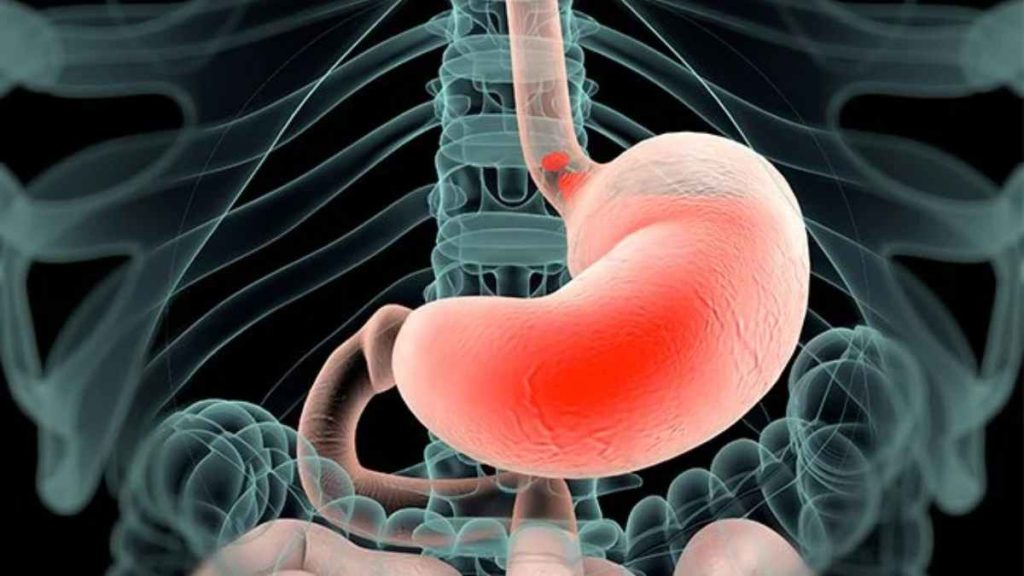Although having heartburn or acid reflux after a meal is typical, experiencing such a condition more than twice can indicate gastroesophageal reflux disease (GERD). This condition is a more persistent and moderate form of reflux and can cause severe symptoms that can affect your quality of life. However, this doesn’t mean the disease is inevitable since you can overcome it with GERD / acid reflux Houston treatments.
This condition occurs when the sphincter responsible for keeping the tube between your mouth and stomach running closes and stops working. In addition, this can allow stomach acid to penetrate your esophagus and severely damage the tissues. Let’s explore the common symptoms of GERD that you may not know.
1. Heartburn and burning chest pain
This is one of the most common indicators that you might suffer from GERD. If ignored, this symptom advance to the point that you can think you have a heart attack. However, you can differentiate the two since heart attack pain radiates down your arms while pain from GERD moves from your stomach to the throat. If you try medications to alleviate heartburn without effort, you should seek medical attention immediately.
2. Bitter taste or bad breath
It’s frustrating when the contents from your stomach start to go back to your throat and mouth. This condition is usually identified as regurgitation, and many confuse it with typical vomiting. Because you taste the stomach acid and digested food, this symptom can be uncomfortable and make you queasy. Also, regurgitation can lead to a bitter taste and bad breath in your mouth. Occasionally, this can negatively impact your nasal passages, voice, and larynx.
3. Difficulty swallowing
Often it becomes challenging to swallow anything with acid reflux easily. The bitter acid makes your throat feel like it closes and doesn’t want to allow anything down. Stomach acid can severely affect your throat to the extent that you can have difficulty swallowing certain liquids. Also, foods like fried foods, citrus, caffeine, alcohol, and tomato-based products are reflux triggers and can even cause pain when swallowing.
4. General stomach discomfort
Many patients who suffer from GERD have dyspepsia, a common condition that describes various symptoms related to stomach discomfort. This condition involves signs of feeling full or bloated, nausea after eating, frequent burping, and pain or discomfort in your upper abdomen. Although many people confuse dyspepsia with typical stomach discomfort, chances are high that you may have GERD. However, you should consult a medical expert since the soon the symptoms are detected, the more effective the treatments and management plans will be.
5. Dental issues
The symptoms of GERD do not involve your stomach or throat but can also cause ideal signs in your oral health. Generally, when stomach acid flows through your throat, it can reach your mouth and cause teeth changes. The stomach acid breaks down the enamel on your tooth surface, which puts your teeth at greater risk for developing decay.
GERD or acid reflux can occur due to various reasons like smoking, medications, pregnancy, and obesity. Additionally, some of its symptoms can be silent initially, which can worsen your condition afterward. You should seek instant medical attention if you detect unusual changes related to GERD. You, too, can manage and overcome this debilitating condition with proper medical care and lifestyle changes.

